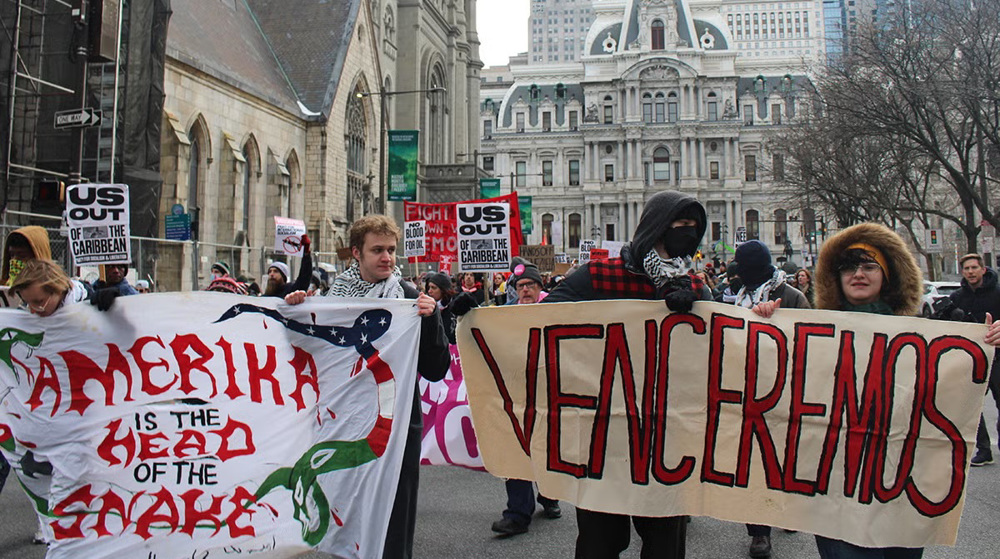Ex-Trump strategist says to work with right-wing Hungary PM Orban
US President Donald Trump’s former political strategist, Steve Bannon, has set up a movement to elect right-wing nationalist and populist members in European Parliament elections in May.
Bannon told German broadcaster RTL in an interview that he plans to work with Hungarian Prime Minister Viktor Orban—a right-wing nationalist-- in the run-up to European Parliament elections next year.
Bannon, a former chairman of the right-wing Breitbart.com news website and an architect of Trump’s 2016 presidential election victory, said he has already visited Budapest a couple of times and met Orban and his aides.
Orban has welcomed the idea of Bannon’s group, called The Movement, saying it was time that someone from the United States came to Europe to spread conservative thinking instead of liberal values.
“John McLaughlin who is my pollster in the United States is going to run this overall polling effort in Europe, he is also the pollster for Orban in Hungary,” Bannon told RTL.
“Hopefully when we get the Movement fully up and running we’ll engage,” he added.
“If I could, we would headquarter the movement in Budapest. I love it so much there. But obviously it is not practical. We will spend a lot of time in Hungary between now and election day,” Bannon told RTL in an interview published on Friday.
Orban has been accused of pursuing anti-democratic reforms; reducing the independence of Hungary's press, as well as cronyism and nepotism.
The European Parliament voted in September to sanction Hungary for flouting EU rules on democracy, civil rights and corruption in an unprecedented step.
Bannon has reportedly begun preparing a large-scale campaign to elect right-wing populist and nationalist members to European Parliament in May.
Some experts on Europe’s far-right parties and movements question the extent to which Bannon and his associates will be able to unite enlarged right-wing European Parliamentary factions.
Right-wing, anti-EU groups have about 100 seats in the current 751-seat European Parliament.
Bannon was fired by Trump in August 2017 after he fell out with the president’s more mainstream advisers over his efforts to bend the Republican Party to his own economic nationalist agenda.
Magnetic revolution: Iran’s nano-solutions driving cleaner and greener oil industry
Deadly clashes erupt in Syria’s Aleppo as US-backed SDF forces defy HTS rule
FM Araghchi: Iran’s internal affairs solely matter of its people
Iran army chief: Enemy threats will not go unanswered
Iran: Israeli FM’s visit to Somaliland a ‘dangerous precedent’
Rome protests Maduro abduction by US
Leader of Yemen’s separatists flees ahead of talks in Saudi Arabia
Venezuela to deliver 30-50 million barrels of oil to US: Trump











 This makes it easy to access the Press TV website
This makes it easy to access the Press TV website